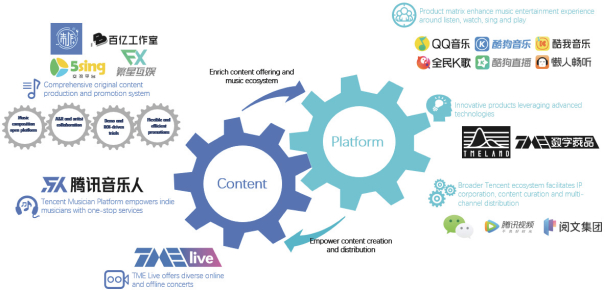Securities Regulatory Commission or other PRC government authorities may be required under PRC law in connection with our issuance of securities overseas.” We have been closely monitoring regulatory developments in China regarding any necessary approvals from the CSRC, the CAC, or other PRC regulatory authorities required for overseas listings. As of the date of this annual report, we have not received any inquiry, notice, warning, sanctions or regulatory objection from the CSRC.
The Holding Foreign Companies Accountable Act, or the HFCAA, was enacted on December 18, 2020. The HFCAA states if the SEC determines that we have filed audit reports issued by a registered public accounting firm that has not been subject to inspection by the PCAOB for three consecutive years beginning in 2021, the SEC shall prohibit our shares or ADSs from being traded on a national securities exchange or in the
trading market in the United States. On December 16, 2021, PCAOB issued the HFCAA Determination Report, according to which our auditor is subject to the determinations. Our auditor, the independent registered public accounting firm that issues the audit report included elsewhere in this annual report, as an auditor of companies that are traded publicly in the United States and a firm registered with the PCAOB, is subject to laws in the United States pursuant to which the PCAOB conducts regular inspections to assess its compliance with the applicable professional standards. Since our auditor is located in China, a jurisdiction where the PCAOB has been unable to conduct inspections without the approval of the PRC authorities, our auditor is currently not inspected by the PCAOB. Final rules implementing the submission and disclosure requirements in the HFCAA were adopted by the SEC on December 2, 2021 and generally became effective on January 10, 2022. The delisting of the ADSs, or the threat of their being delisted, may materially and adversely affect the value of your investment. The PCAOB is currently unable to inspect our auditor in relation to their audit work performed for our financial statements and inability of the PCAOB to conduct inspections over our auditor deprives our investors with the benefits of such inspections. For the details of the risks associated with the enactment of the HFCAA, see “Item 3. Key Information—3.D. Risk Factors—Risks Related to Doing Business in China—The PCAOB is currently unable to inspect our auditor in relation to their audit work performed for our financial statements and the inability of the PCAOB to conduct inspections over our auditor deprives our investors with the benefits of such inspections”, “Item 3. Key Information—3.D. Risk Factors—Risks Related to Doing Business in China—Our ADSs may be delisted and our ADSs and shares prohibited from trading in the
market under the Holding Foreign Companies Accountable Act, or the HFCAA, if the PCAOB is unable to inspect or fully investigate auditors located in China. On December 16, 2021, PCAOB issued the HFCAA Determination Report, according to which our auditor is subject to the determinations that the PCAOB is unable to inspect or investigate completely. Under the current law, delisting and prohibition from
trading in the U.S. could take place in 2024. If this happens there is no certainty that we will be able to list our ADSs or shares on a
non-U.S.
exchange or that a market for our shares will develop outside of the U.S. The delisting of our ADSs, or the threat of their being delisted, may materially and adversely affect the value of your investment”, and “Item 3. Key Information—3.D. Risk Factors—Risks Related to Doing Business in China—The potential enactment of the Accelerating Holding Foreign Companies Accountable Act would decrease the number of
non-inspection
years from three years to two, thus reducing the time period before our ADSs may be prohibited from
trading or delisted. If this bill were enacted, our ADSs could be delisted from the exchange and prohibited from
trading in the U.S. in 2023.”


